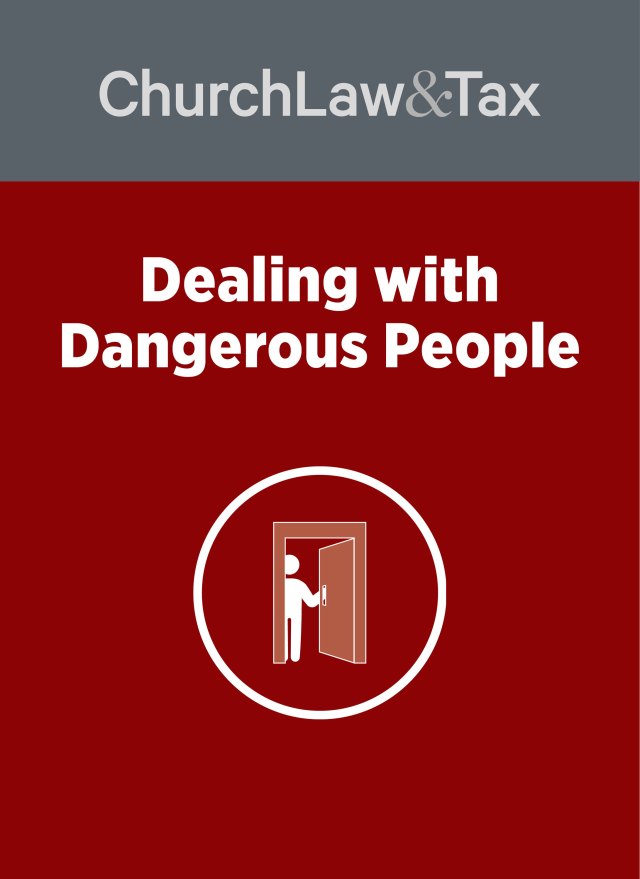Q: There is a female, registered sex offender who wants to attend our Sunday services. We want her to attend, but what guidelines should we have in place to safeguard our children?
When the senior pastor, or any member of the church board, is informed that a registered sex offender is attending the church, there are steps that can be taken to manage risk. These include the following:
Obtain a record of the sex offender’s prior criminal convictions. This can be done by conducting a national criminal records check. The church must be fully informed regarding the sex offender’s criminal background.
If the sex offender is on probation, identify his or her probation officer. Talk with the probation officer to ascertain the conditions that have been imposed. In some cases, sex offenders are not even allowed to attend church. If the probation officer says that the offender is free to attend church, ask the officer if he or she would recommend that the offender be allowed to attend church, and if so, under what conditions. Obtain this information in writing, or, if that is not possible, make a detailed written account of the officer’s response.
Draft a “conditional attendance agreement.” Condition the sex offender’s right to attend church services and activities on his or her signing a “conditional attendance agreement” that imposes the following conditions:
- The sex offender will not work with minors in any capacity in the church.
- The sex offender will not transport minors to or from church, or any church activity.
- The sex offender will not attend any youth or children’s functions while on church property, except for those involving his or her own child or children, and only if in the presence of a chaperone (see below).
- The sex offender will always be in the presence of a designated chaperone while on church property. This includes religious services, educational classes, activities, and restroom breaks. The chaperone will meet the sex offender at the entrance of the church, and accompany the sex offender on church premises until returned to his or her vehicle.
- A single violation of these conditions will result in an immediate termination of the sex offender’s privilege to attend the church.
- The conditional attendance agreement option will not be available unless the church’s insurer is informed and confirms that coverage will not be affected.
Exclusion may be the only viable option. In some cases, exclusion of the offender from church is the only advisable option if:
- for any reason the conditional attendance option is not feasible or enforceable; or
- if the offender’s crimes are so frequent or heinous that exclusion is the only appropriate option; or
- one or more of the offender’s victims attends the church. This will be a judgment call made by the pastor and board.
Set a policy. It is often desirable to draft a short policy addressing the church’s response to registered sex offenders attending the church, and have it adopted by the congregation during an annual or special business meeting. This would allow the membership to discuss this issue in a rational manner.
Finally, seek legal counsel in formulating the church’s response.




